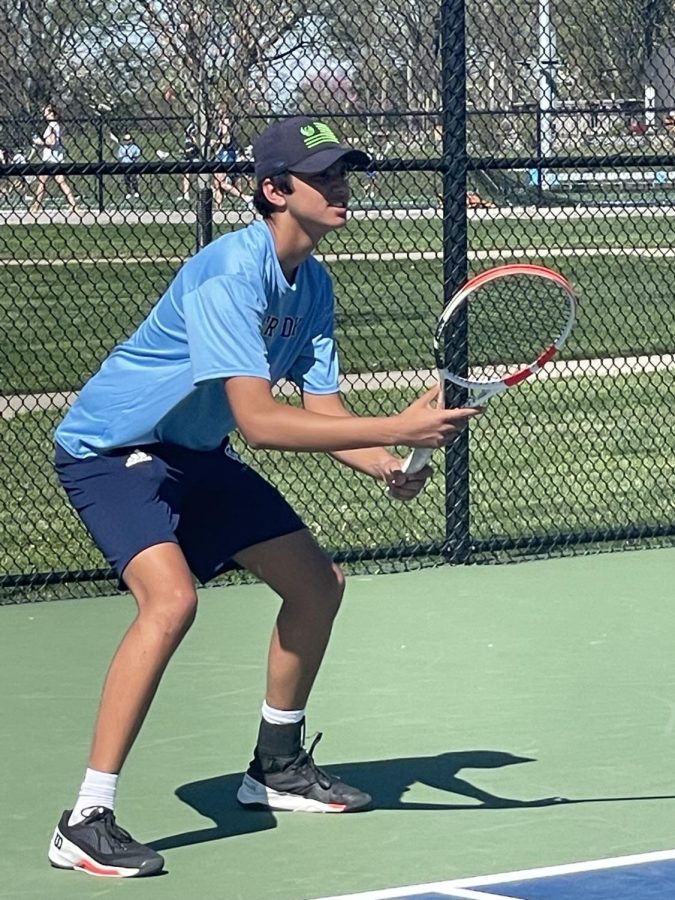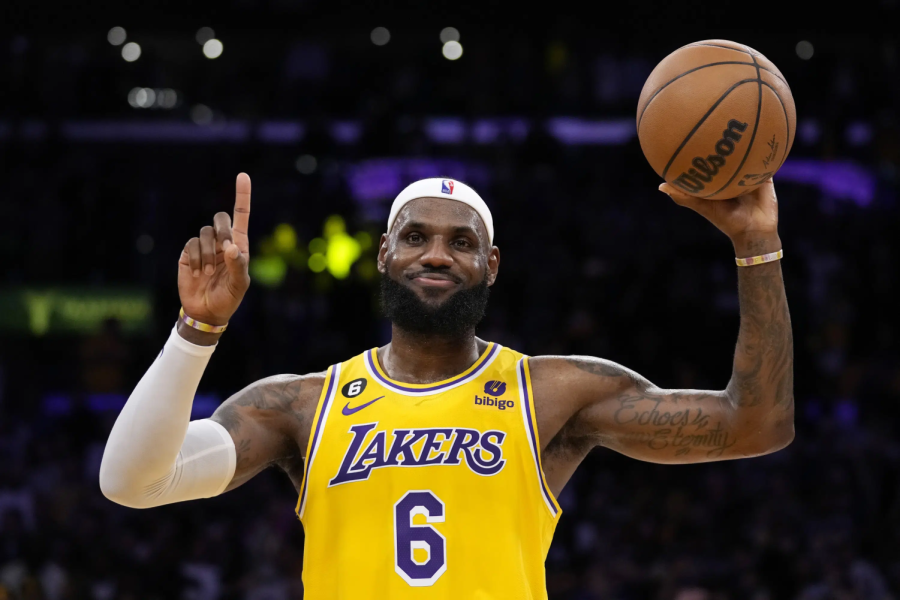By Jules Cantor, ’11, Sports Editor
The greatness of a college football game relies on three major components: margin of victory, importance of the game, and last-minute heroics. Two college football games on Saturday, Dec. 5, 2009, had me on the edge of my seat from start to finish. At noon, the UC Bearcats took on the Pittsburgh Panthers in the latest installment of the River City Rivalry with the Big East Conference championship on the line. At 8 p.m., the University of Texas Longhorns battled the University of Nebraska Cornhuskers for the Dr. Pepper Big XII Championship. The two games featured a margin of victory of two points, decided conference champions and BCS bowl game participation, and featured late-game heroics. Thus, I will not hesitate to argue that these two games were components of what I consider the single greatest weekend in college football history.
The 11-0, fifth-ranked Bearcats traveled to a hostile and snowy Heinz Field in Pittsburgh to face their rivals, the University of Pittsburgh Panthers. In undoubtedly the biggest game of the season, and one of the most important in school history, the Bearcats simply came out flat. To begin the game, they went three plays and punted on their first possession. In addition, the defense was nowhere to be found. Pitt went on a lengthy drive, moving the ball almost at will, largely thanks to the play of freshman running back extraordinaire Dion Lewis. Lewis ran the ball 47 times (a school record) for 194 yards and three scores. The Bearcats then added a score of their own on a Jacob Ramsey two-yard touchdown run. However, until the 1:10 mark in the first half, the Bearcats were completely outmanned, trailing 31-10. But when senior wide receiver Mardy Gilyard (pictured above) ran back Dan Hutchins’s kick for 99 yards, momentum was shifted to the Bearcats’ sideline right before halftime. This proved to be the turning point in the game, and the Bearcats never looked back.
About halfway through the third quarter, fifth-year senior Tony Pike threw a wobbly pass to Gilyard. Gilyard showed uncanny body control by coming back to the football, escaping a pack of three Panther defenders, and taking the ball to the end zone for a Bearcats touchdown. The score was 31-24, and the Cats were one defensive stop away from having the opportunity to tie the game. Three minutes into the fourth quarter, Dion Lewis ran the ball 15 yards for a Panthers score. There was still time left on the clock, but with Cincinnati’s inability to stop Lewis, a comeback seemed highly unlikely.
However, it took less than a minute for the Bearcats to march down the field and score, as Pike connected with D. J. Woods for an eight-yard score. With an extra point, the Bearcats would again be within seven points. However, Zach Collaros botched the hold on the extra point, and the Bearcats had to settle for six points. If they were going to win the ball game, they would have to be absolutely perfect from this point forward. Fortunately for Bearcats fans, they were. The defense held the Panthers, who were forced to punt, and the Bearcats got the ball back with less than seven minutes in the game. An impressive drive was capped off by a one-yard run by sophomore Isaiah Pead.
It all came down to the two-point conversion following Pead’s touchdown run. If the Bearcats succeeded, their dreams of repeating as Big East Champions and garnering a potential BCS National Championship game were still alive. If they failed, their 11-0 season would mean little to nothing. There would be no BCS berth and no conference championship, and it would mean the probable departure of Head Coach Brian Kelly to the University of Notre Dame.
But the Bearcats weren’t ready to let those things happen. Tony Pike hit Mardy Gilyard in the back of the end zone for the two-point conversion. What had seemed an insurmountable 21-point deficit had been overcome. The score was 38-38. Pitt got the ball back with 5 1/2 minutes left on the game clock and milked it all the way down to the 1:36 mark, when Lewis ran for his third and final touchdown of the game. However, in the ensuing seconds, the most bizarre of possibilities occurred. On a play that Bearcats fans will surely never forget, Panthers backup quarterback Andrew Janocko mishandled the snap on the extra point, and the Panthers had to settle for six points. The Bearcats had to drive the length of the field in a minute, score a touchdown, and make an extra point for the game to be theirs.
Finally, Bearcat Nation jumped for joy when Tony Pike dropped back and threw to Armon Binns, who made a spectacular diving catch into the end zone for a Bearcats touchdown. Jake Rogers’ extra point put the Bearcats on top for good at 45-44.
With an outstanding offensive performance by both teams, it was special teams that truly determined the outcome of this game. Gilyard’s excellence in returning kickoffs provided the Bearcats with outstanding field position all game long and gave the spark necessary to overcome a 21-point deficit. Janocko’s and Collaros’s trouble holding for their respective place kickers also proved disastrous at times for both sides.
With a spot in a BCS bowl game already guaranteed, all Bearcat eyes were fixed on Dallas, where Texas took on Nebraska for the Big XII Championship. If Texas won, they would secure a perfect season and a spot in the BCS National Championship game. If Nebraska won, they would be guaranteed a spot in a BCS bowl game, and Texas’s loss would likely send Cincinnati to the National Championship game against Alabama, who had defeated Florida earlier.
The game began exactly as Nebraska envisioned it would. The Cornhuskers showed an inability to move the football on offense, but prevented Texas from scoring until two minutes before halftime. Texas went into the locker room with a 7-6 halftime lead. In the third quarter, Nebraska continued to show its defensive prowess. The Huskers intercepted three Colt McCoy passes and sacked him nine times, including 4 1/2 sacks credited to defensive tackle Ndumakong Suh (the half-sack means that he was assisted in sacking McCoy by a fellow Huskers defender). Hunter Lawrence added a field goal, making the score 10-6 Longhorns. In the fourth quarter, after a pair of Alex Henery field goals, Nebraska took a 12-10 lead.
As I explained at the onset of this article, last-minute heroics define greatness in college football. However, it was more Nebraska’s debacle than any Texas player’s heroism that allowed Hunter Lawrence to kick the game-winning field goal. On the ensuing kickoff, after Henery’s final field goal, the kickoff went out of bounds, giving Texas outstanding field possession and control of the ball on their own 40-yard line. On the very next play, Colt McCoy hit roommate and fellow senior Jordan Shipley over the middle for about 15 yards. The Longhorns were granted an additional 15 yards for an illegal horse-collar tackle made by a Nebraska defensive back. This put the Longhorns within Hunter Lawrence’s field-goal range.
On the next few plays, McCoy tried to get closer to the end zone, running two straight quarterback options. He then inexplicably let the clock run down to about eight seconds and leisurely bootlegged to the right. When he saw no receiver open downfield, he lobbed the ball out of bounds, letting the clock run down to zero.
Nebraska players stormed the field, thinking they had just pulled an upset for the ages. However, Texas head coach Mack Brown was unwilling to accept that he had lost the game. Brown challenged the ruling on the field that the clock had run out, and replay officials confirmed his suspicion. There was one second left on the clock. From there, Texas’s title hopes came down to the right leg of Hunter Lawrence. All they needed was for Lawrence to put the ball through the uprights from 45 yards out, and they would be headed to Pasadena to play the Alabama Crimson Tide for the 2009-2010 BCS National Championship. Conversely, Cincinnati and Texas Christian players, coaches, and fans were praying that Lawrence would shank the kick or that, as Bearcat fans had witnessed twice before, Texas’s holder would botch the snap. In a defining moment in the 2009-2010 college football season, Lawrence put a dagger in the collective heart of Nebraska, Cincinnati, and Texas Christian by barely squeaking his 45-yard field goal through the uprights.
Thus, with two of the greatest college football games of my lifetime, added to the Florida-Alabama matchup that featured the number-one-ranked and number-two-ranked teams and the final game of legendary quarterback Tim Tebow’s regular-season career, Saturday was honestly the greatest day of sports viewing I have ever been a part of. Cincinnati-Pittsburgh and Texas-Nebraska were complete opposites in that one was a shootout and one was a defensive struggle. Nevertheless, both merit consideration for the list of top-ten greatest football games ever played. With so much on the line, the day’s events provided fans with drama and entertainment like no other Saturday before. Truly, it is days like these that make me thankful I am a male, American teenager.
Photo courtesy of ESPN.com.






